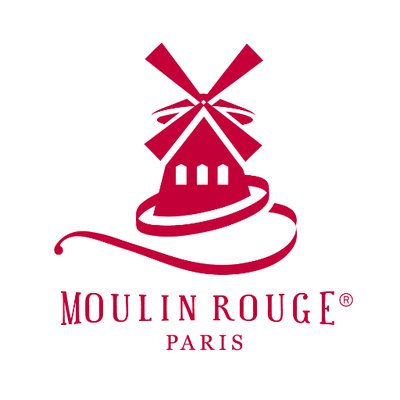‘Je ne suis pas parisien(n)e ça me gêne, ça me gêne’ (I am not Parisian, it embarasses/annoys me) sang Marie-Paule Belle, as well as Aïoli in a cover. Whether you were born there or not, every French person (and a great many people from outside of France) have, at one time or another, been to Paris. It is a strange phenomena when people are drawn to the capital like moths towards a flame. Paris is a mirage of possibility, a summit where dreams might come true, like for one of Balzac’s heroes. Paris offers everyone a kind of freedom not always allowed in the countryside. Paris will always be Paris – a maxim lodged deep in the French psyche.
For centuries, the city has dominated in the fields of art and music. The city would have been nothing without Notre Dame. In its school during the Middle Ages, Pérotin and Léonin developed the polyphony from which Western music grew. Notre Dame is also home to a splendid organ, an absolute must-visit for fans of the fanfare (though the reconstruction is still in progress). Paris attracted Mozart, who stayed there, and Haydn, who worshiped it. In the operas, Paris is a woman. She is Manon, the young provincial rascal who goes on to make a name for herself with her lover Des Grieux. A city of pleasure, it was a roost for high-flying sex workers, like Violetta in Traviata.
If Paris is a party, then we mustn’t forget the inevitable hangovers. She is Mimi in La Bohème, the TB-ridden muse of poets and poverty-stricken artists. She is the hard-working Louise, a working class figure essential to mirror the chic of the upper classes. The city is sung about by tragic rebels such as Cora Vaucaire and Edith Piaf. Rich or poor, everyone hangs their lovers' locks where the Seine sparkles with all the colors of Ravel. This is where people come to get engaged because, from Tokyo to Miami, they have heard Charles Trenet and Aznavour extol their love for the place.
Paris is a haven, open to those despised elsewhere. Josephine Baker and other Black jazz players found a place where they could thrive without constraint. The ‘cris de Paris’ (phrases shouted by merchants whilst selling their wares) can still be heard in song, and their cheekiness, and indeed snobbery, is very amusing – listen to those transcribed under François I by Janequin and under François Mitterrand by the Négresses Vertes.
In Paris you never stop dancing throughout those nights that stretch til dawn, à la MC Solaar. Paris will always be Paris, even if – as Feu! Chatterton reminds us – it’s a new world.




.jpg)
.jpg)